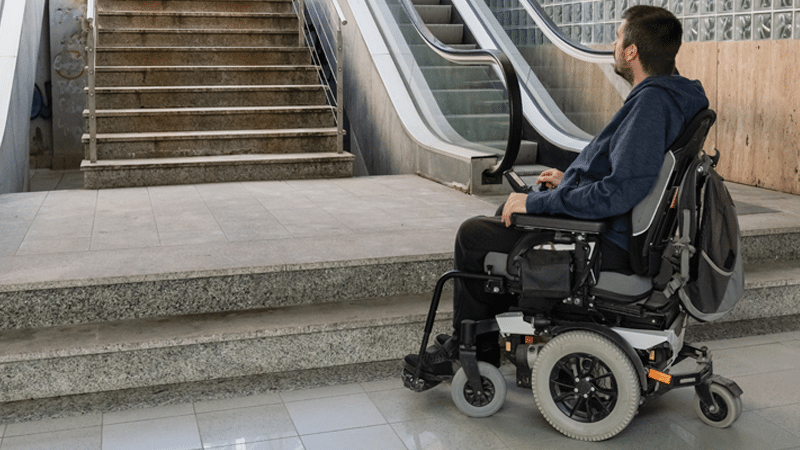MP Kim Leadbeater’s assisted suicide Bill hands “sweeping, unspecified and unjustified powers to the Government”, a House of Lords committee has warned.
In its report, the Delegated Powers and Regulatory Reform Committee advised Peers that the Terminally Ill Adults (End of Life) Bill gives ministers too much power to decide on the practical outworkings of the proposals without sufficient parliamentary scrutiny.
Under the Bill, patients deemed to be terminally ill and with less than six months to live would be allowed to receive help to kill themselves. The legislation will be debated in the House of Lords for the first time tomorrow.
‘Not fit for purpose’
The Committee indicated that the Bill’s “highly inappropriate” design leaves “so much to delegated legislation that there is insufficient detail or principle evident for proper Parliamentary scrutiny of the underlying policy”.
For example, the Committee called for the Bill to include a “definitive list of substances to be used in the life-ending process”, so that Parliament could consider any potential side-effects and the ability to reverse an assisted suicide.
In a letter to The Times, Lord Forsyth of Drumlean – who has strongly backed allowing assisted suicide – and Lord Bridges of Headley emphasised that the Bill “might also enable ministers to use delegated legislation to create criminal offences and penalties; amend primary legislation, such as the Medicines Act; and create new public bodies”.
They explained: “These wide-ranging powers on a highly sensitive issue cannot be outsourced to ministers, and subjected to, at best, minimal parliamentary scrutiny. Whatever one thinks about the principle of assisted dying, this bill is not fit for purpose as it stands.”
Public opposition
According to a Whitestone Insight survey of 2,090 Brits, 63 per cent agreed that the cost of implementing assisted suicide would be better spent on other services such as cancer care and disability assistance.
When given a list of eleven areas the Government could prioritise, assisted suicide was the least picked option, with just 13 per cent choosing it as their top priority.
Dr Gordon Macdonald, Chief Executive of Care Not Killing, which commissioned the poll, said the findings demonstrate that “patients neither want nor need assisted dying, instead they want the government to fix our broken NHS”.
‘Life and death’
Writing in the The Daily Telegraph, the newspaper’s former editor Charles Moore warned: “A culture devoted to health and to assisting the natural course of every life is now being told to import a new, contradictory principle.
“Suicide, facilitated and supervised by the law and state-paid professionals, becomes part of the same service – a form of treatment, rather than the opposite of treatment.
“Everything is being very gently expressed, but the change is great, and grim. The state is making itself the judge of life and death, providing the means of death as it does so.”

Cancer patient outlives terminal diagnosis by 25 years so far
New report shows ‘complexity’ of state-sponsored suicide
Scotland’s First Minister: ‘Assisted suicide Bill is discriminatory’


